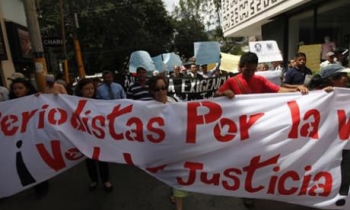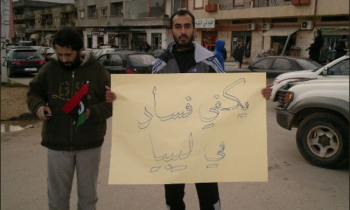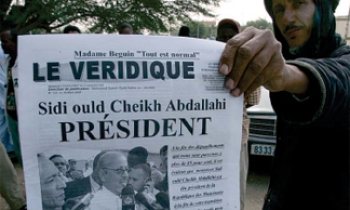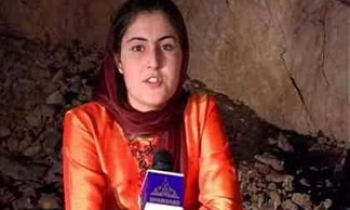Oct. 18 (Bloomberg) -- Nepal's press restrictions introduced on Oct. 9 will harm the process for holding free elections, said Koichiro Matsuura, director-general of the United Nations Scientific and Cultural Organization.
"The new curbs on media rights contained in this ordinance would indicate that the situation is getting worse,'' Matsuura said yesterday in Paris, according to the UN's Web site. "All these acts represent attacks on the independence of the media, and therefore on democratic progress.''
King Gyanendra introduced media restrictions when he imposed a state of emergency in the Himalayan nation of 27 million people on Feb. 1. The new law endorses restrictions on accreditation for reporters and increases fines for breaking restrictions that include a ban on private radio stations.
King Gyanendra a week ago issued orders for parliamentary elections to be held by April 2007, Agence France-Press reported at the time. Municipal elections are scheduled for Feb. 8.
Matsurra called on the Nepalese authorities to reconsider the new law, the UN report said. "At a time when the planning of democratic elections has been announced in Nepal, legislation that justifies censorship and curtails the ability of media professionals to do their job can only appear to be incompatible with a free and open electoral process,'' Matsuura said.
Journalists plan to protest the law by holding demonstrations and challenging the legislation in the Supreme Court, the British Broadcasting Corp. cited Balram Baniya of the Federation of Nepalese Journalists as saying yesterday.
Civil Liberties
"The new laws not only violate the press rights guaranteed by the constitution, but also several decisions held by the courts in favor of press freedom,'' Baniya said.
Nepal came under international criticism after the arrest of political and student leaders when the state of emergency was declared on Feb. 1. The U.S., UN and European Union led calls for civil liberties to be restored.
King Gyanendra said on Feb. 1 the emergency regulations were needed to prevent the country from fragmenting under an insurgency by rebels that has killed more than 11,000 people since 1996. Rebels want to replace the monarchy with a communist republic.
The king appointed a 12-member Council of Ministers to rule the country for the next three years.
To contact the reporter on this story: Paul Tighe in Sydney at ptighe@bloomberg.net









